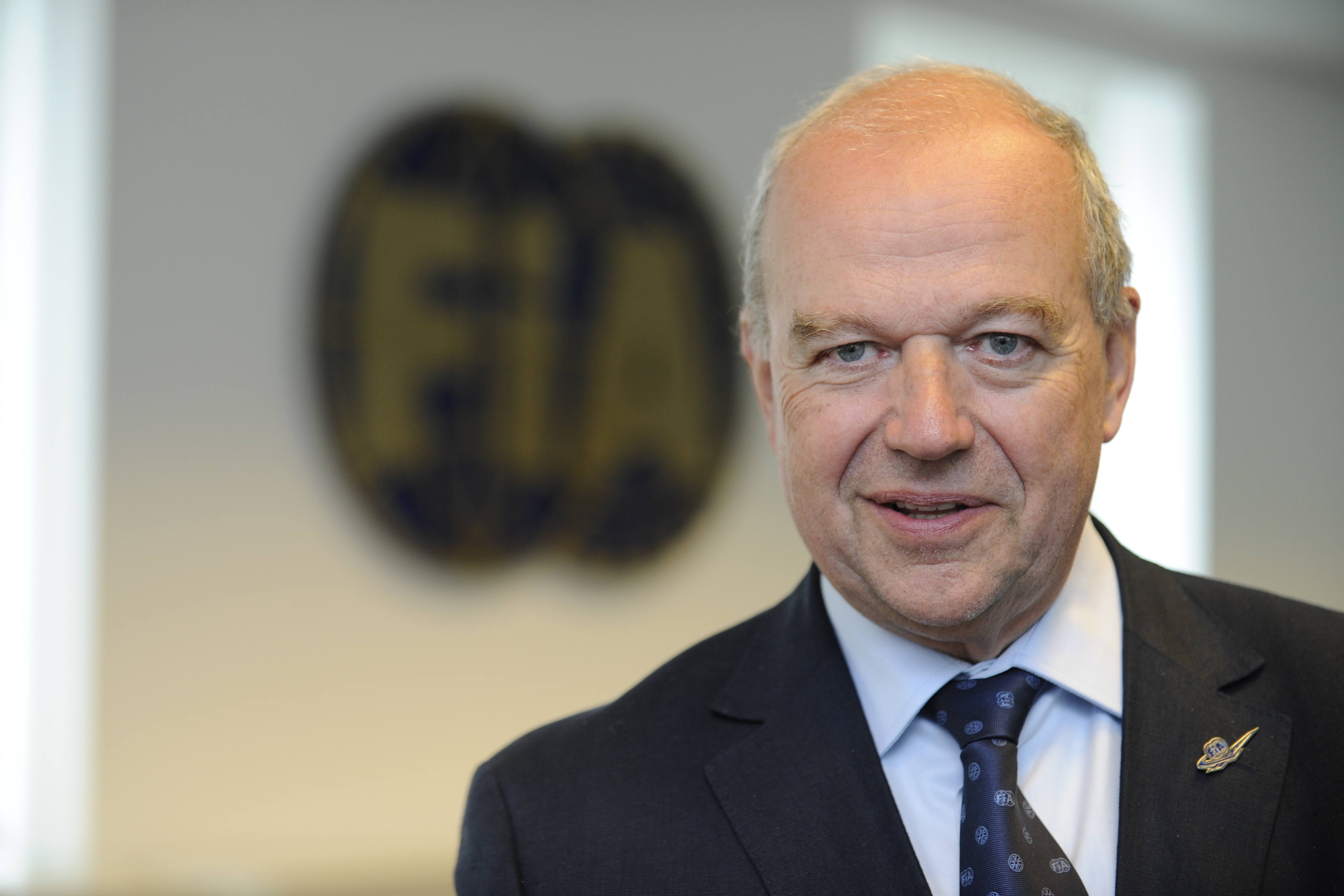On 10 December, Elżbieta Bieńkowska, European Commissioner for Internal Market, Industry, Entrepreneurship and SMEs, took a part in the presentation of a fully autonomous car at Munich airport. The event was designed to highlight the role that driverless cars could play in enabling safer and more efficient vehicles, while also addressing legislative and consumer challenges posed by this new technology.
The event coincided with the launch of the new European Commission high level group for the automotive
On 10 December, Elżbieta Bieńkowska, European Commissioner for Internal Market, Industry, Entrepreneurship and SMEs, took a part in the presentation of a fully autonomous car at Munich airport. The event was designed to highlight the role that driverless cars could play in enabling safer and more efficient vehicles, while also addressing legislative and consumer challenges posed by this new technology.
The event coincided with the launch of the new European Commission high level group for the automotive sector, bringing together all relevant stakeholders. Gear 2030, which aims to develop recommendations to reinforce the competitiveness and tackle the main challenges the automotive sector will face in the next ten years. Automation, in particular, is a major trend that will be looked at by Gear 2030 as it will strengthen the sector by enabling safer and more efficient vehicle. Legislative hurdles, infrastructure investments and product liability issues, to name a few, are all key aspects that need resolution before the sector is able to put autonomous vehicles on the market.
Bieńkowska said: “Driverless cars represent a new opportunity for the mobility of Europeans and the competitiveness of European automotive industry. However, there must be careful thought into creating the best framework as this technology becomes a reality and users must be at the heart of this deployment.”
The event coincided with the launch of the new European Commission high level group for the automotive sector, bringing together all relevant stakeholders. Gear 2030, which aims to develop recommendations to reinforce the competitiveness and tackle the main challenges the automotive sector will face in the next ten years. Automation, in particular, is a major trend that will be looked at by Gear 2030 as it will strengthen the sector by enabling safer and more efficient vehicle. Legislative hurdles, infrastructure investments and product liability issues, to name a few, are all key aspects that need resolution before the sector is able to put autonomous vehicles on the market.
Bieńkowska said: “Driverless cars represent a new opportunity for the mobility of Europeans and the competitiveness of European automotive industry. However, there must be careful thought into creating the best framework as this technology becomes a reality and users must be at the heart of this deployment.”












